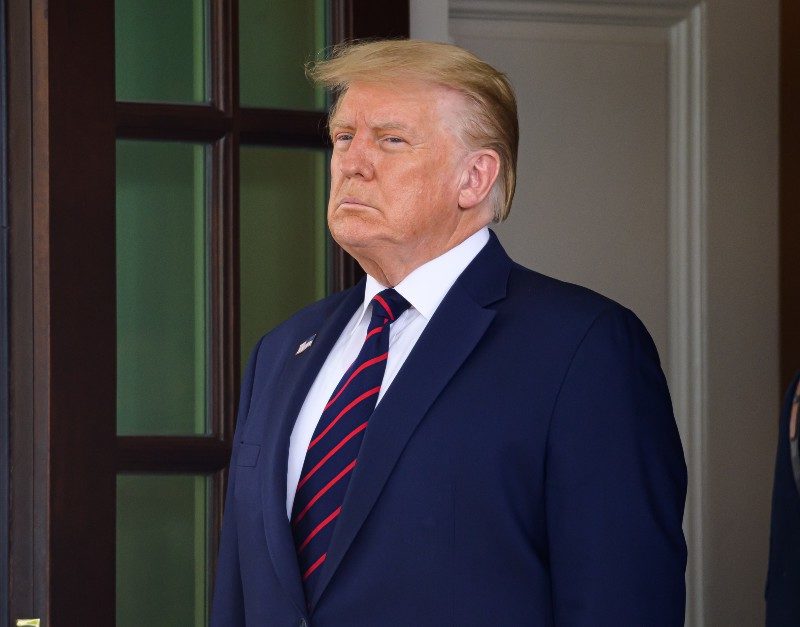Breaking News
Trump Indictment: Former President Facing ‘Pardon-proof’ Georgia Majority?

If convicted on one or more of the 13 counts revealed against him in Fulton County on Monday, former President Donald Trump may find it difficult to simply secure a pardon in Georgia since the governor of the state lacks the authority to do so, unlike in other states.
Gov. Brian Kemp (R), a vocal critic of Trump, might not be inclined to grant him a pardon in any case. In any event, he lacks the authority. A five-member State Board of Pardons and Paroles has this authority. To serve seven-year terms, they are chosen by the governor and confirmed by the Georgia State Senate. And they are not allowed to take into account parole requests until a convict has completed at least five years of their sentence and no additional criminal accusations are pending.
According o the ABC: “[The indictment is] effectively pardon-proof, in the sense that with a federal case, if he wins the election, he can kind of make it go away,” [legal analyst Dan] Abrams said on “Good Morning America” on Tuesday. “This case, he can’t do that.”
According to Slate.com, Trump may attempt to persuade Georgia's Republican legislators to alter state law and then wait for the election of a pro-Trump governor (or one who is concerned about the abuse of prosecutorial powers for political purposes). Slate points out that even then, the amendment would need to be approved by a majority of Georgia voters in the following election and two-thirds of both houses of the state legislature. This is a difficult task.
Trump has two further options. One is to become the next American president, at which point he can pardon himself of both state and federal offenses. Although it is widely believed that the president cannot pardon state offenders, Mark Levin, a conservative radio host, has argued that since the Department of Justice holds that a president cannot be indicted while in office, in part because doing so would interfere with his duties, the same position could be applied to state charges under the Supremacy Clause of the Constitution.
That method has never been used before, but then again, neither has the state or federal indictment of a former president or major presidential candidate.
Trump could potentially request that the case be transferred to federal court since it includes presidential powers, as his former chief of staff and fellow defendant Mark Meadows has already done. If Trump is found guilty and is elected president in 2024, he may then attempt to have the case dismissed or grant himself a pardon.
Up Next:
